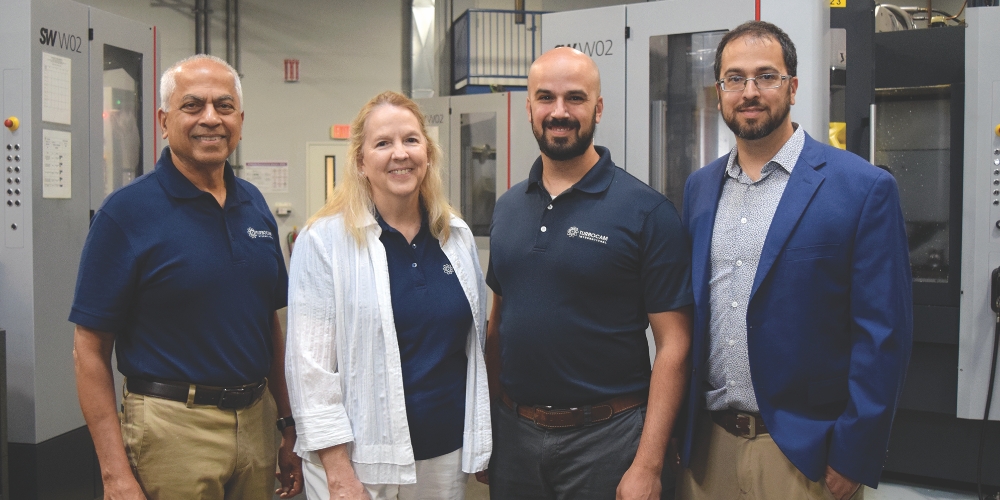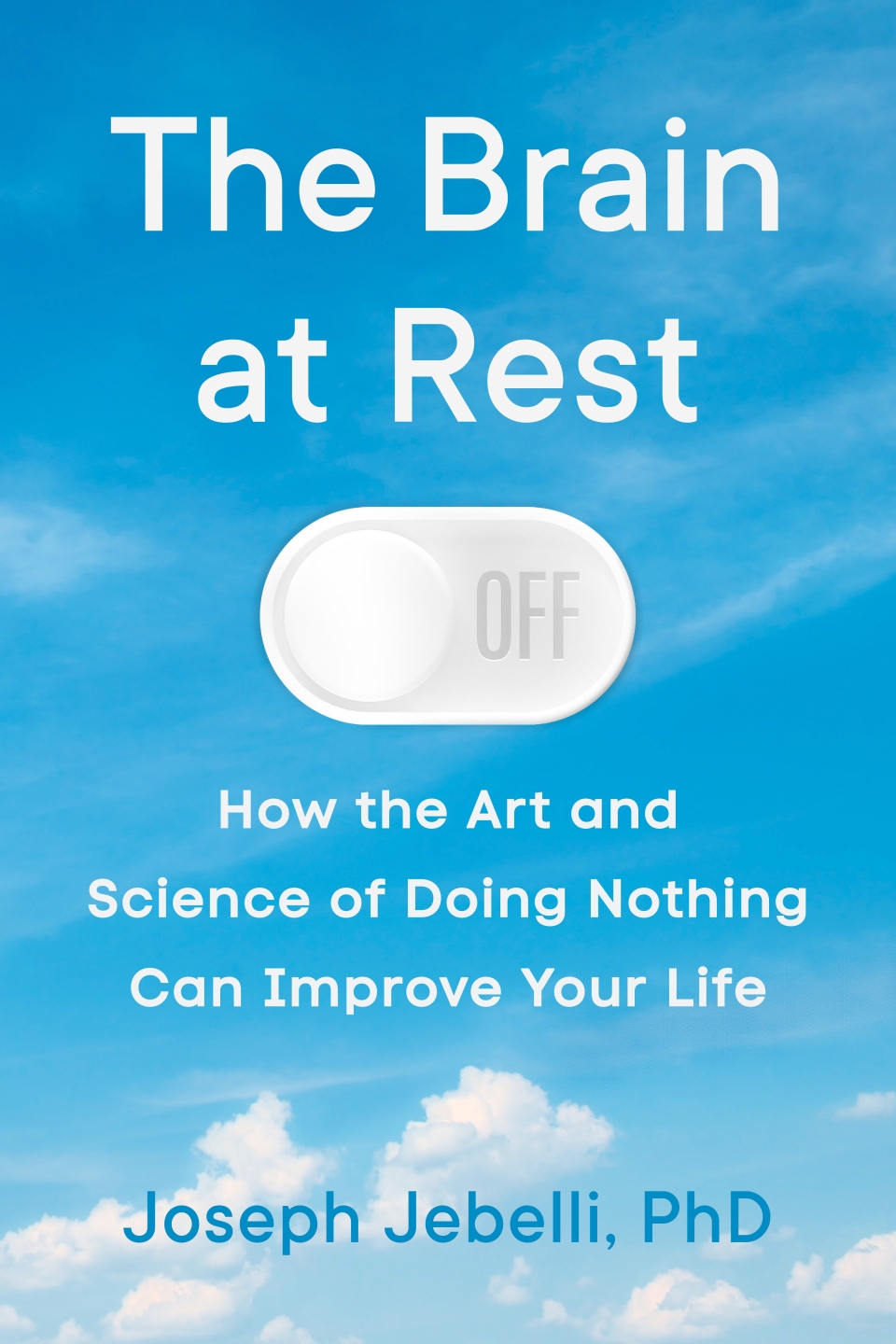 New Hampshire colleges and universities are launching new programs with a sharper focus than ever on real-world career applications. Degree and non-degree programs are also more tightly tailored to the needs of the Granite State economy.
New Hampshire colleges and universities are launching new programs with a sharper focus than ever on real-world career applications. Degree and non-degree programs are also more tightly tailored to the needs of the Granite State economy.
“The relationships that we have with our business partners really help us calibrate our offerings to what businesses need,” says Matthew MacManes, interim vice provost for academic affairs at the University of NH (UNH) in Durham.
To stand out among other applicants, graduates want to be able to present themselves as the solution to a problem or challenge that employers have, says Don Brezinski, executive vice president of campus administration at Southern NH University (SNHU) in Manchester.
“Simply saying you studied is useful,” he says, “but being able to show you have the skills to be the solution to their problem is impactful.”
Here are the new programs that are helping NH colleges and universities provide the solutions the economy needs.
Three-year programs
Both SNHU and Plymouth State University are launching three-year degree programs. These programs, sometimes called applied bachelor’s degrees, deliver much of the concentration-specific course requirements of a traditional four-year bachelor’s degree, while minimizing general-education requirements.
“This moves you into a major very quickly,” says Nathaniel Bowditch, provost at Plymouth State University. “Given how expensive college is, a year of time and a year of tuition means a lot to a lot of our students."
Beginning this fall, Plymouth State will offer three-year bachelor’s degrees in five areas of study: small business administration, robotics, cyber security, adventure education and police studies.
SNHU just received accreditation for a three-year business degree, Brezinski says. The school hopes students will complete that program and then a one-year master’s to graduate with the Master of Business Administration in four years, he says.
In response to the continued nursing shortage, Rivier University in Nashua announced in February the launch of its Accelerated Bachelor of Science in Nursing (ABSN) program, which is designed for students who have already earned a bachelor’s degree in another discipline and are seeking an expedited route to a nursing career. The fast-track program allows students to earn the ABSN within 16 months.
Interdisciplinary Studies
While three-year programs are tightly focused on a specific skill set, schools are also seeing more demand for graduates with interdisciplinary skill sets. Plymouth State calls these cluster majors, and allows students to create their own course of study through interdisciplinary studies.
“They’re majors that cut across [areas of study] and they’re targeted toward an application when you get out,” says Donald Birx, president of Plymouth State. An example is forensic science, where students study both chemistry and criminal justice.
Keene State College is rooted in liberal arts, an interdisciplinary approach, and “we realized over time this is more important now than ever,” says Kirsti Sandy, interim provost and vice president of academic affairs at the college.
Newly launched neuroscience degrees, available as a Bachelor of Arts or Bachelor of Science, combine biology, chemistry and psychology, according to Sandy. “Students can take that and go into so many different areas,” she says, from gerontology to education or counseling.
Certificate Programs
At UNH, “one of the most striking things we’ve seen is demand from working professionals who are trying to up skill or retool,” says MacManes. This demand comes from professionals who feel their jobs are under threat from AI, who are looking for a different direction professionally or who seek a way to stand out in the hiring process.
UNH now offers graduate certificates that are “not quite master’s degrees,” MacManes says, but are “more focused on skills and training.” The university has launched programs in social work and human relations (HR) for example.
SNHU is also launching non-credit, asynchronous courses online to help adult learners verify their skills or up skill, says Marcy Vadurro, associate vice president of strategic foresight at the school. The first course, focused on leveraging generative AI, launched in April, and more will follow.
“Learning is lifelong, and a degree is not the end,” says Vadurro. “We all continuously learn and engage in professional development."
Antioch University New England in Keene will launch post-master’s certificate programs for family nurse practitioners and psychiatric and mental health nurse practitioners in January. At the same time, the University will expand master’s and doctorate level programs for nurses.
New Pathways
In December 2024, The Community College System of NH and the University System of NH announced they created more than 100 direct pathways. These new pathways are designed to help students transition from associate degree programs at NH’s community colleges to bachelor’s degree programs offered by the University System to make it more efficient for students to earn subsequent degrees. Students who meet basic requirements will be guaranteed admission to the university programs, and fees for applications and transcripts will be waived.
“This collaboration makes it easier for New Hampshire residents to stay in the state, earn a degree, and strengthen our workforce,” states USNH Chancellor Catherine Provencher in a press release.
Tackling AI
Several colleges and universities are integrating AI into their programming both formally and informally. “It’s our obligation—frankly our ethical obligation—to expose [students] to the tools they will need in the marketplace,” including how to use AI in their discipline, says Brezinski of SNHU.
In the fall, Keene State will start offering a bachelor’s degree in data analytics, a degree that aims to “focus on skills that carry students through careers that don’t even exist yet,” says Sandy.
Rivier University has launched a Master of Science in Applied Artificial Intelligence degree program and a Bachelor of Science degree in Artificial Intelligence that will start in the Fall 2025 semester, with a curriculum that emphasizes real-world AI applications across industries such as robotics, healthcare, finance, and manufacturing.
In December 2024, New England College in Henniker launched a fully online Master of Science in Artificial Intelligence. “AI isn’t just transforming industries—it’s redefining how we live and work. Our new master’s program equips students with the cutting-edge skills and knowledge they need to shape the future and make a meaningful impact in this rapidly advancing field,” states Erin Wilkinson Hartung, dean of the management division at New England College.
UNH doesn’t yet have a formal AI program, though a minor in data sciences focuses heavily in AI and a certificate program is in the works, MacManes says. However, the school is integrating AI into all areas of study, he adds, especially after the business community spoke to the need for AI fluency in graduates.
“Students will get everything from the technical nitty-gritty bits to the ethical, and legal implications of working and living, surviving in a world where AI will be everywhere,” MacManes says. “We started hearing from business partners that they needed students who could do work in the AI space.”












_Alex-and-Jason-in-front-of-map-sm.jpg)





